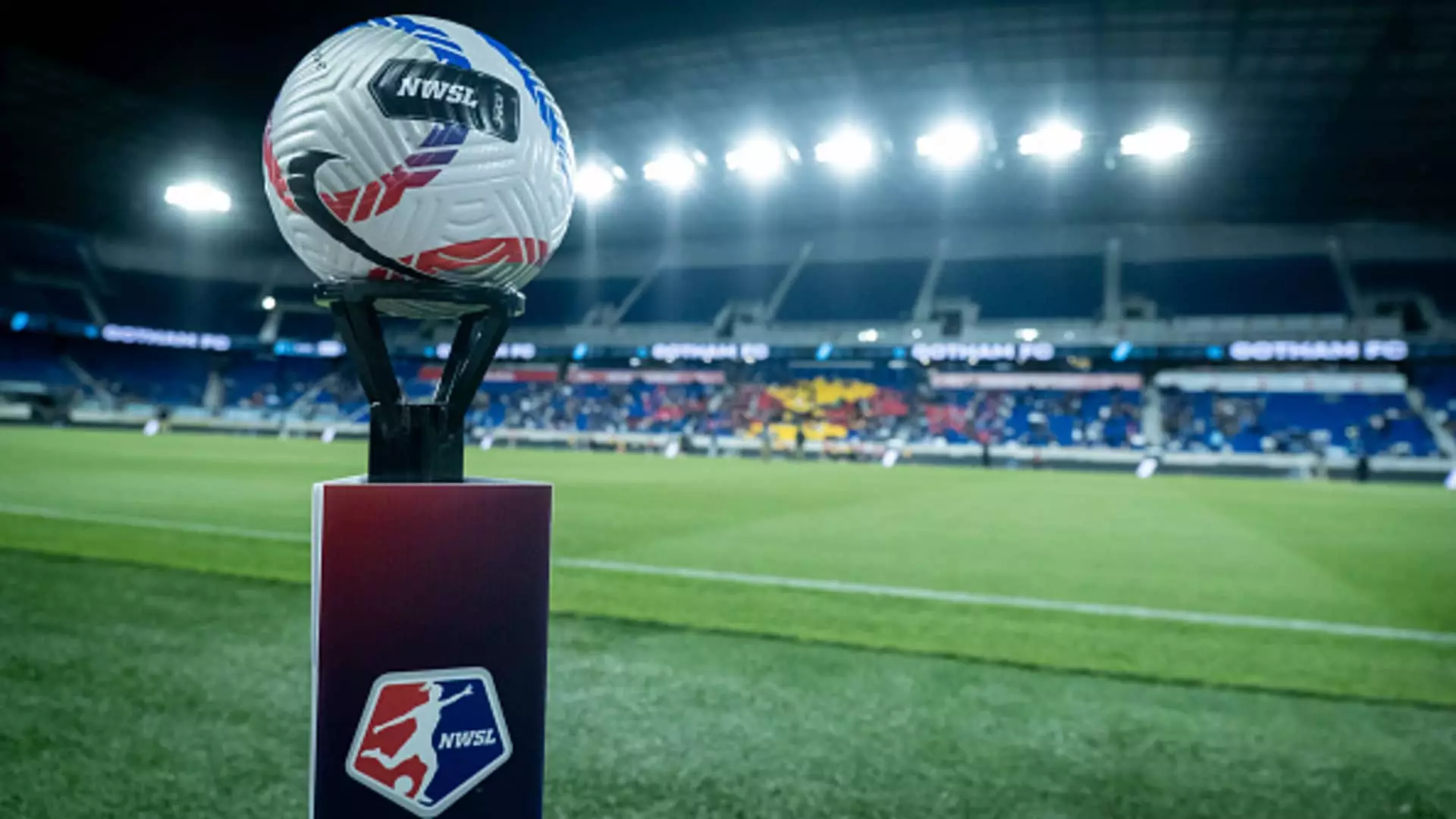The National Women’s Soccer League (NWSL) has reached a significant milestone in its ongoing effort to address the legacy of abuse and misconduct that has plagued the league since its inception. A landmark agreement for a $5 million settlement with attorneys general from New York, Illinois, and Washington, D.C., marks a pivotal moment in the league’s trajectory. This settlement, announced recently, wraps up a series of investigations prompted by numerous allegations from players regarding years of misconduct, including emotional abuse and sexual harassment by coaches and officials. The revelations have shaken the foundations of the league, compelling a thorough examination of its practices and the culture that allowed such abuses to fester.
The agreement does not merely allocate funds; rather, it signifies a broader call for accountability. As New York Attorney General Letitia James aptly stated, the hardworking women of the NWSL have had to endure a toxic culture for far too long. The settlement serves not only as financial restitution for the victims but also as a message that such behavior will not be tolerated. It highlights the necessity for institutional responsibility and proactive measures to prevent future abuses. By establishing a fund specifically for affected players, the NWSL acknowledges its failure to adequately protect its talent—a critical step in the healing process for those who suffered in silence.
In light of this agreement, the NWSL is committed to implementing systemic reforms to prevent a recurrence of past failures. The reforms, which include hiring mental health professionals and enhancing the vetting process for coaches, underscore a commitment to creating a safer environment for players. These changes are essential; however, they must translate into actionable practices that prioritize the well-being of athletes above all. The league’s requirement to submit biannual reports to the attorneys general and to conduct anonymous annual surveys signals a willingness to embrace transparency—a crucial element that can help rebuild trust with the players and the public.
Jessica Berman, the NWSL Commissioner who took office in 2022, has been at the forefront of these reforms, working tirelessly to redefine the league’s culture. Under her leadership, players have seen enhancements in contract negotiations and improvements to working conditions, a move that is vital for sustaining the talent pool in women’s soccer. By engaging in collective bargaining with players for the first time, Berman has acknowledged their rights and the necessity of ensuring fair treatment. The lifetime bans issued against four former coaches further signify a commitment to taking decisive action against those who threaten the integrity of the sport.
The positive changes are reflected in the financial growth and expansion of the NWSL. The recent awarding of a new franchise in Denver, fetching a record $110 million expansion fee, indicates that the league is gaining momentum and attracting serious investment. This flourishing interest from ownership groups suggests that there is a strong belief in the viability of women’s soccer—not just as a competitive sport but as a professional environment worthy of respect and dignity.
While the $5 million settlement is a significant step, it is only the beginning of a long journey toward a culture that embraces respect, equality, and accountability. The league must not let this moment fade into history but rather build on it to ensure that the voices of its players are heard and prioritized. By fostering an environment where athletes feel safe, respected, and empowered, the NWSL can transform both its internal culture and its public perception. In achieving this, the league does not just redeem its past—it paves the way for a brighter, more equitable future for women’s sports. The upcoming years will be crucial in determining if these reforms will take root and flourish or if the lessons of history will be forgotten once again. The eyes of the soccer world are now watching closely, poised to hold the NWSL accountable for the commitments it has made.

